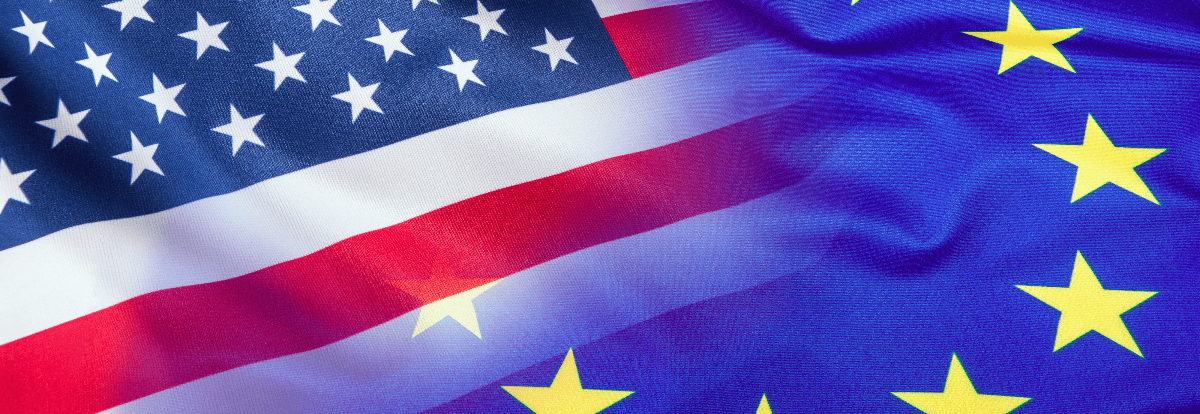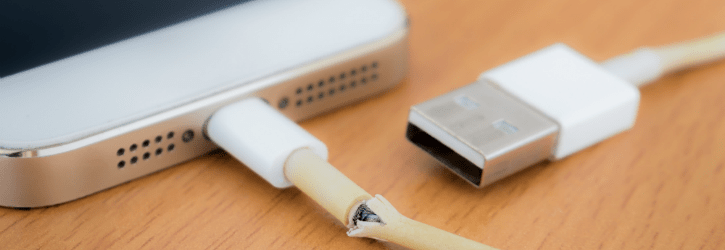Category: Latest
A troubling testimony in the Gosport War Memorial Hospital deaths
A troubling testimony in the Gosport War Memorial Hospital deaths has been recounted in the recent independent inquiry that deemed some 450 deaths at the hospital were linked to an unsafe opioid-use policy.
Families who have been fighting for an inquiry for years have finally received the news that they say they knew all along: that their loved-ones died in the hospital prematurely.
At the centre of the Gosport War Memorial Hospital deaths scandal is Dr Jane Barton; the GP stationed there who claims that she was only ever doing the best for her patients. One particularly troubling testimony from 2001 that was recounted in the independent report paints a different story entirely.
Johnson & Johnson talcum powder asbestos case: victim awarded $40m in compensation
The verdict is in for the J&J talcum powder cancer cases, with damages awarded in what is one of the biggest cases of our time.
Johnson & Johnson, together with one of its suppliers, are being ordered to pay out around $40m in damages to one victim who developed mesothelioma, which he claimed had been caused through the use of J&J talcum powder since birth.
Experts called to trial stated that they believe the talc does contain asbestos due to cross-contamination, and claims have also been made that J&J knew about the dangers but allegedly duped regulators and kept the issues quiet by using tests that would not identify asbestos.
Continue Reading…

Will the EU bring new legislation in to match US-style class actions?
In the UK, we largely have an “opt-in” class action system, meaning victims who may have a claim for compensation that will form as part of a Group Litigation Order (GLO) action will have to agree to pursue a claim themselves. Conversely, America have “opt-out” systems, meaning people can be included in the class case without having to confirm their participation first, and if they don’t want to be a part of it, they may opt-out.
With the growing number of large group action cases taking place in the UK and around Europe, there are calls from the EU to bring in new rules that could see us matching the American law system.
Continue Reading…

Will the UK follow in the footsteps of the US when it comes to group actions?
Group actions in the US – or “class actions” as they’re referred to across the pond – can consist of thousands or even millions of victims claiming for similar issues. In America, there are practically always class actions going on for all sorts of things, ranging from medical and product liability suits, to employee rights cases and data breach litigation.
Its massive over there. The question now is whether the UK is set to follow suit or not in operating in a similar way to the US.
Continue Reading…
Medtronic recalls disposable diabetes infusion sets over risk of causing hypoglycemia
Medical device manufacturer Medtronic Plc is recalling disposable diabetes infusion sets as a possible defect may trigger excessive doses of insulin to the diabetic user, putting them at risk of hypoglycemia.
The recall reportedly affects insulin infusion sets distributed all over the world.
The device, connected to an insulin pump, features thin plastic tubing with a needle or cannula at the end to carry insulin into the body when needed. However, apparently, “one in every two million” sets may contain a “complication”.
Continue Reading…

U.S. Metro ventilation records may have been falsified
Lawsuits are expected to be brought against the U.S. Metro system over reportedly “deadly smoke” choking dozens back in 2015 at L’Enfant Plaza.
An internal review found that four important maintenance records for the transport ventilation systems may have been tampered with; a discovery prompting investigations into the department’s documentation practices.
An internal report confirmed that the office of Quality Assurance, Internal Compliance and Oversight (QICO) “identified several instances of maintenance record modification.”
Continue Reading…

Kobe Steel admits to falsifying data over its product standards, affecting 500 firms
Japan’s third largest steel maker, Kobe, has revealed that they falsified information about the standards and safety of their steel products.
Kobe supplies steel to major companies across the globe, such as manufacturers of cars, aircrafts, trains and even space rockets.
The scandal has prompted major corporations to double-check their products. Some of Kobe Steel’s consumers and users include: Central Japan Railway; Hitachi (its trains are used in Britain); Mazda Motor Corp; Subaru Corp; Toyota Motor Corp; Mitsubishi Heavy Industries; Honda; General Motors; Daimler; Airbus
Continue Reading…

Product Liability Claims in Group Action cases
As a consumer, you are protected by law for defective products causing you harm. Under things like the Sale and Supply of Goods and Services laws and regulations, manufacturers and suppliers must only sell things that are, amongst other things, safe and fit for purpose.
Defective products, depending on their purpose, can create all sorts of problems, including injuries and financial loss. We have represented (and still are representing) victims for major product claims here in the U.K., such as the PIP Breast Implant scandal, the Metal-On-Metal hip device problems, and the massive VW Emissions Scandal action.
It’s a huge area of law and one we’re particularly experienced in.
Continue Reading…

How does a Group Action Claim work?
A group action claim is generally made when one issue or problem affects multiple people. There is often only one person or company at fault as well, but their negligence can cause problems for thousands or even millions of people.
A group action claim allows all the people adversely affected to come together and claim against the defendant(s) in one large set of efficient proceedings. Bringing a group action claim has many benefits as multiple victims can use shared evidence and unite on a “strength in numbers” front as opposed to each person having to bring their own personal claim to different courts across the country.
Continue Reading…

Can you make a Group Action claim on a No Win, No Fee basis?
In short, the answer is yes.
Normally, all you’re doing is joining with a number of others in a legal action for justice. If we, as a law firm, think there are strong enough prospects for succeeding with the case, we may be able to offer a No Win, No Fee arrangement.
With us, No Win, No Fee means quite literally: if you don’t win your case, you don’t have to pay us anything, subject to the terms and conditions of the agreement of course.
Continue Reading…

Amazon’s solar eclipse viewing glasses recalled as potentially counterfeit
“When you look directly at the sun, the intensity of the light and the focus of the light is so great on the retina that it can cook it,” warns President of the American Optometric Association.
Growing up, we’ve always been told not to look directly at the sun. Parents and teachers warn that its burning light could literally blind you. Looking at the sun can cause burns, and blister and crack the cells in your cornea. The consequences of looking directly at a solar eclipse can be far worse, and experts recommend that you must always use appropriate eyewear with special filters to protect your eyes.
But what if the eye protection doesn’t work?
Continue Reading…

Endo International Plc to put aside more than £580 million to pay off mesh lawsuits
Global pharmaceutical company Endo International Plc are reportedly putting aside another £583 million to settle the remaining vaginal mesh lawsuits made against them. The staggering but deserved sum is to go towards settling some 22,000 lawsuits internationally, and Endo are to begin paying the amount in instalments at the end of this year and into 2019.
They have not admitted any liability.
The £583 million is in addition to the over £2 billion already agreed for 48,000 cases. Last year, Endo reportedly paid out over £800 million in mesh legal settlements.
Continue Reading…